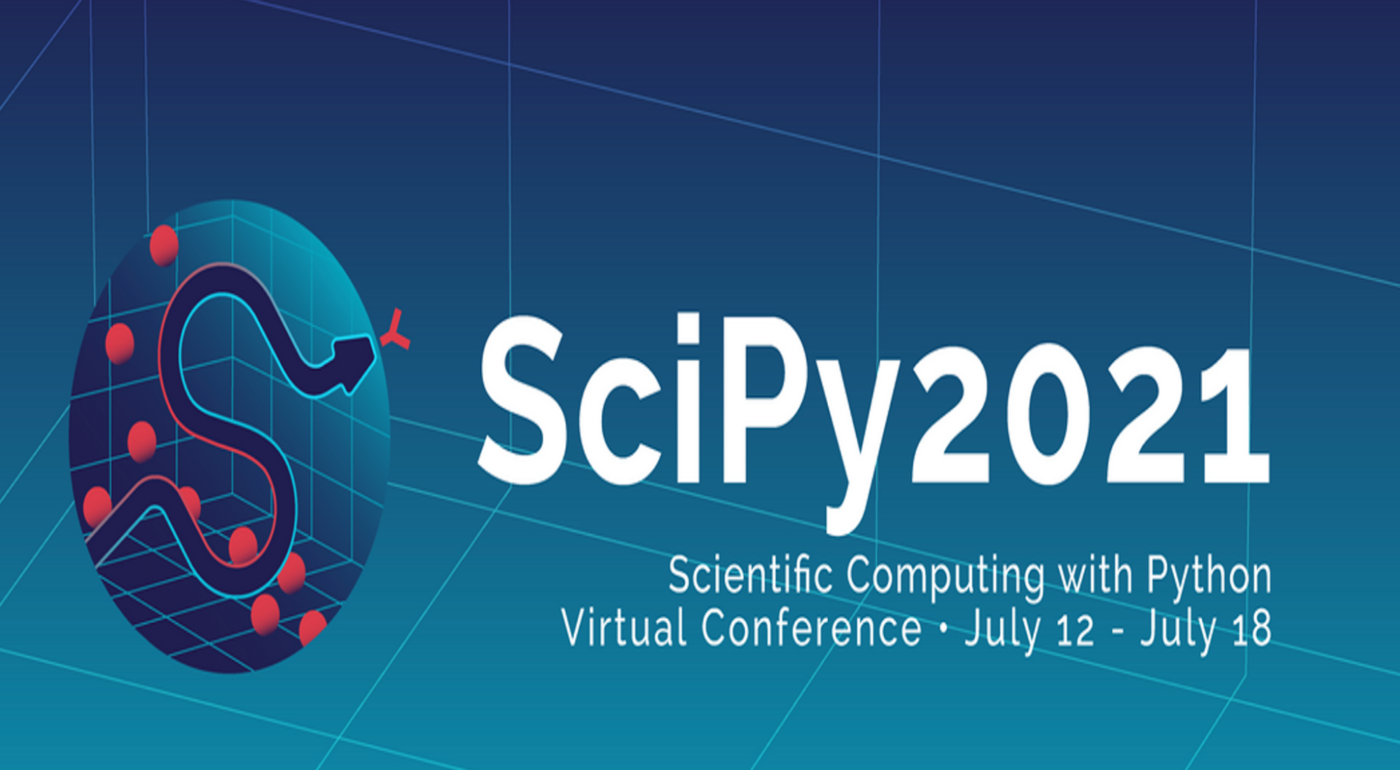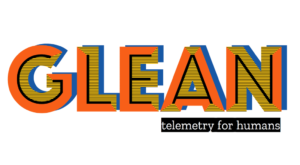In July 2021, I and a few fellow Mozillians attended the SciPy conference with Mozilla as a diversity sponsor, meaning that our sponsorship went towards paying the stipend for the diversity speaker, Tess Tannenbaum. This was my first time attending a SciPy conference and also my first time supporting data science recruiting efforts at a conference. The conference involved the showcasing of the latest open source Python projects for advancement in scientific computing. I was eager to meet the contributors of many commonly used data science Python packages and hear about new features in upcoming releases. I was excited about having this opportunity as I strongly believe that conference attendance is an extremely rewarding experience for networking and learning about industry trends. As a Data Scientist, my day to day work often involves using Python libraries such as scikit-learn, numpy and pandas to derive insights from data. It felt particularly close to heart for a technical and data science geek like me to learn about code developments and use cases from other enthusiasts in the industry.
One talk that I particularly enjoyed was on the topic of Time-to-Event Modeling in Python led by Brian Kent and a few other data science experts. Time-to-Event Modeling is also referred to as survival analysis, which was traditionally used in biological research studies to predict lifespans. The speakers at the talk were the contributors of some of the most popular survival analysis python packages. For example, Lifelines is an introductory Python package that can be used for starters in survival analysis. Scikit-Survival is another package built on top of Scikit-learn, which is a commonly used package in machine learning. The focus of the talk was around how survival analysis could be useful in many different scenarios, such as in customer analytics. There is also increasing usage of survival analysis in SaaS businesses where it can be used to predict customer churn, which can help companies plan their retention strategies. I am curious how Mozilla can potentially apply survival analysis in ways that also respects data governance guidelines.
Like many other large group events that happened in the past year, the conference was entirely virtual and utilized various platforms to host talks and engagement activities. In addition to having Slack as a communication tool, the conference also used Airmeet and Gather town this year. The various sessions, tutorials and recruiting booths were hosted in Airmeet. The more interactive talks took place in Gather town, which I find quite entertaining and enjoyable. It is a game-like environment where everyone has a character that can walk around in the virtual environment. It allows you to network or meet with others by walking up to other characters and their video cameras would show up as you walk towards them. Conference organizers did a great job quickly adapting to hosting virtual gatherings and coordinating multiple tools to deliver a seamless experience.
When the SciPy conference happens next year in 2022, I will dedicate more time for networking and attending more tutorials. This will ideally be the likely outcome with the hope that I can attend the conference in person next year. I am also hopeful that it can be a potential opportunity to meet some remote colleagues from Mozilla in person. Overall, the conference experience was definitely rewarding as it is important to stay current with new developments and collaborate with other technical enthusiasts in the rapidly changing scientific computing industry.
Resources:
Mozillians sharing the 2021 SciPy Conference experience:












